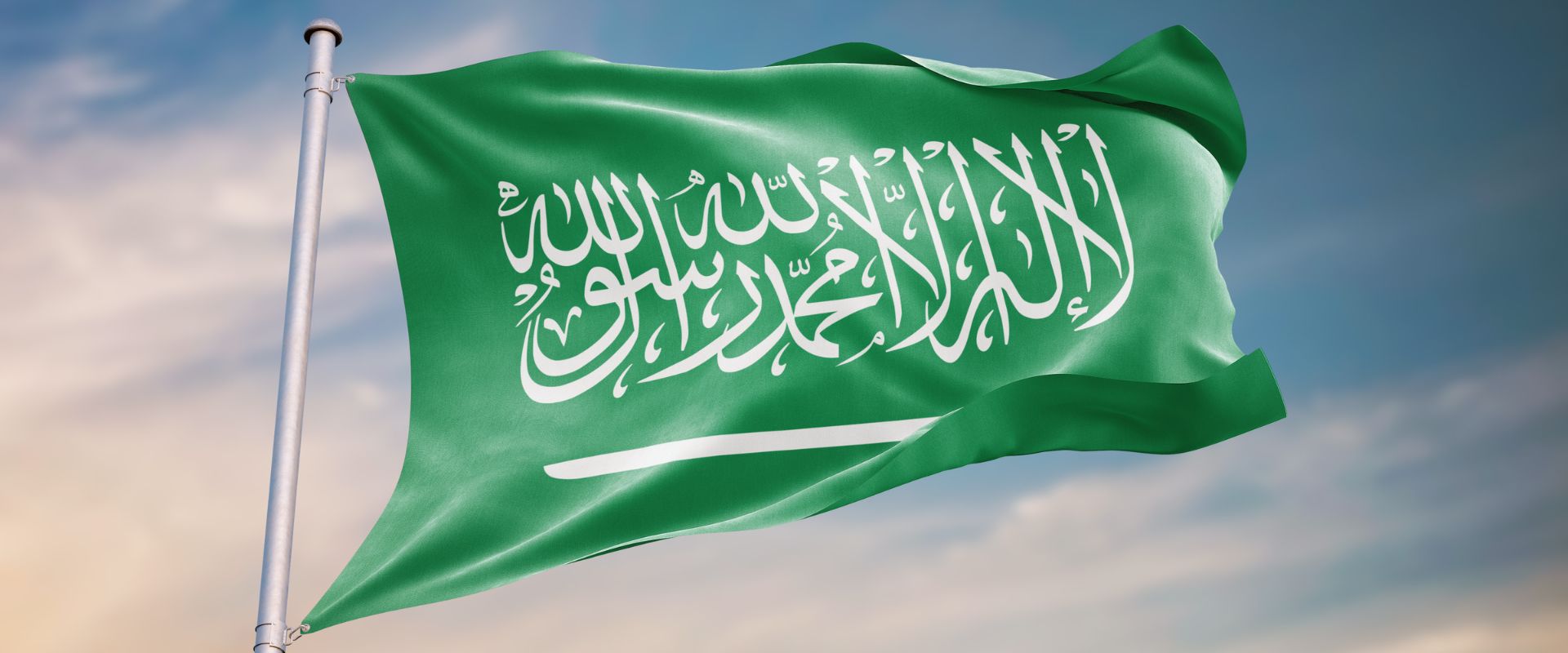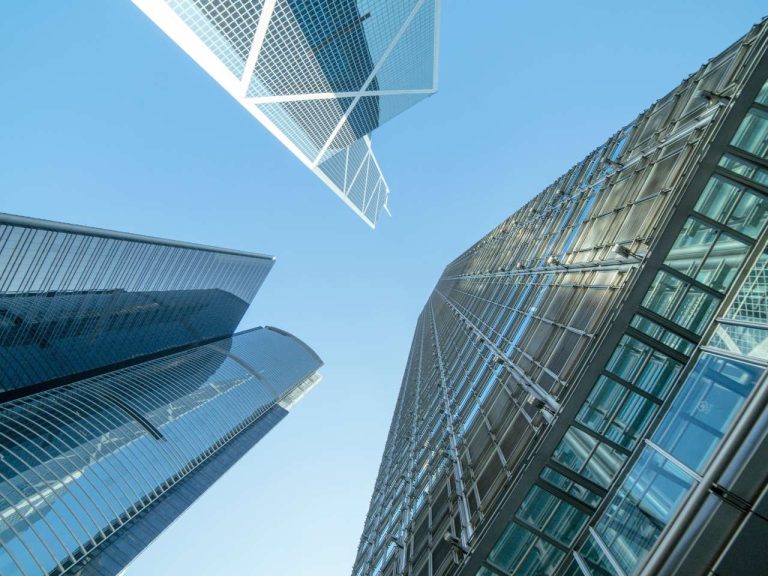The Impact of India-Middle East-Europe Economic Corridor (IMEC) on Saudi Arabia
- Introduction
- Overview of IMEC Initiative
- Strategic and Geopolitical Significance of IMEC
- UAE and Saudi Arabia as Global Trade Hubs
- IMEC and Saudi Vision 2030: A Dynamic Economic Duo

Introduction
The recently announced India-Middle East-Europe Economic Corridor (IMEC) has positioned Saudi Arabia as a key player in reshaping the region’s economic landscape. The corridor, unveiled during the G20 summit in New Delhi in September 2023, represents a groundbreaking initiative to enhance trade and foster energy resource development and digital connectivity between Europe, the Middle East, and Asia. Global trade is expected to increase from $21 trillion to $32.6 trillion by 2030, driven by the Middle East, Africa, and Asia.
Overview of IMEC Initiative
At its core, the India-Middle East-Europe Economic Corridor (IMEC) comprises two vital transit corridors—ship-to-rail links covering a vast span of 4,800km. These corridors will traverse the United Arab Emirates (UAE), Saudi Arabia, Jordan, and Israel, connecting India to Europe through the Arabian Gulf. The initiative is set to significantly reduce transit times and costs, with estimates suggesting a 40% reduction in the time it takes to transport goods from India to Europe and a 30% cut in transit costs.
If IMEC becomes a well-managed and politically accepted trade route, it could greatly improve how developing economies operate, create more jobs, and make their economies stronger. It could also work well with other important trade routes involving the UAE and Saudi Arabia.
Strategic and Geopolitical Significance of IMEC
The corridor’s Eastern and Northern segments will link India to West Asia, the Middle East, and West Asia and the Middle East to Europe. This strategic connectivity initiative aims to enhance trade efficiency and foster economic cooperation, countering China’s Belt and Road project, which has wielded considerable influence across Asia, Africa, and Latin America.
From a geopolitical perspective, the India-Middle East-Europe Economic Corridor (IMEC) is a bold move that challenges China’s regional economic dominance. However, it goes beyond rivalry and competition; the corridor is a beacon of cooperation, innovation, and shared progress for India, West Asia, and Europe. The Partnership for Global Infrastructure Investment, as the project is officially named, is expected to accelerate trade between India and Europe by 40%, creating long-term business opportunities and strengthening ties between the participating countries.
UAE and Saudi Arabia as Global Trade Hubs
Moreover, the corridor emphasizes the role of the United Arab Emirates and Saudi Arabia as pivotal players in global trade routes. Using their seaports, roads, and logistics hubs will strengthen their regional positions and elevate them to critical nodes in the international trade network. By leveraging their geographical advantage, these Gulf Arab states assert themselves as essential partners to the Global North and South.
Despite the immense potential, the success of the India-Middle East-Europe Economic Corridor (IMEC) hinges on effective coordination and collaboration between the involved countries. While the corridor’s announcement was met with enthusiasm, international and domestic politics could challenge its realization. Western powers, including the European Union and the United States, are vested in ensuring the IMEC’s success, representing a significant shift in their efforts to promote trade in the Middle East.
IMEC and Saudi Vision 2030: A Dynamic Economic Duo
For Saudi Arabia, this initiative aligns seamlessly with its ambitions for economic diversification away from hydrocarbons. The IMEC provides a golden opportunity for the Kingdom to emerge as a crucial hub of inter-regional connectivity. Saudi Arabia’s inclusion in the corridor strengthens its strategic importance, not only as a contributor to the project but also as a beneficiary of the economic transformation it promises.
As India-Middle East-Europe Economic Corridor (IMEC) participants prepare to meet in the coming months to deliberate on the details and costs underpinning this transformative initiative, Saudi Arabia finds itself at the forefront of a project that has the potential to reshape the economic landscape of the region. The IMEC is not just a trade corridor; it is a testament to the collaborative efforts of countries to create a more interconnected and prosperous future.
Saudi Arabia’s Vision 2030 has already positioned the Kingdom as the fastest growing economy. This trade corridor is a strategic leap forward for Saudi Arabia, propelling the Kingdom into a leading role as a hub of regional connectivity and economic transformation.
Subscribe to Our Newsletter!
Enter your email to receive our monthly newsletter.





